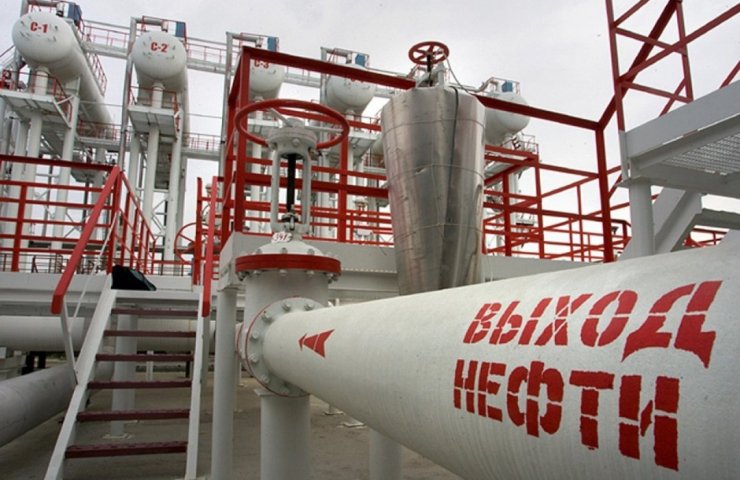"Belneftekhim" agreed with Socar Trading, the trading arm of the State oil company of Azerbaijan (SOCAR), the March delivery of three batches of oil, totaling about 250 thousand tons in Yuzhny port (Odesa region), reports the edition "Argus Oil products of Ukraine".
According to the newspaper, the oil will be pumped through the Odessa — Brody pipeline and further along the segment of "Friendship" to the Mozyr refinery.
According to market participants, the party of the Azerbaijani-Turkmen mix BTC with a size of about 90 thousand tons will be shipped from the port of Ceyhan (Turkey) on March 6. A mixture of BTC is similar in quality to Azeri light, which is exported from Supsa port (Georgia). It is expected that by the end of March in the southern port go two cargo — 80 tons of Urals from Novorossiysk (Russia) and 80 thousand tons of Azeri light to sail away from Supsa.
Oil will be delivered to the terminal of Ukrtransnafta, the operator of oil pipelines to transport the gas via pipeline Odessa — Brody (length of 667 km, capacity — 14,5 million t/year) and then one of the two lines of "Friendship" on the site of Brody — Mozyr (the length is 365 km, capacity — 17 million tons/year).
the last time oil to Belarus on the route Odessa — Brody pipeline was accelerating in 2011, Then because of disagreements with Russia regarding the volume of duty-free raw material supply Belarusian oil company signed with SOCAR contract, which included pumping 4 million tons of Azeri light to the Mozyr refinery in 2011, However, the actual volume of shipments amounted to about 900 thousand tons. Then to the factory in Mozyr received technological volumes of Urals, which is on the route Odessa — Brody were replaced by Azeri light.
Previously coalsalesthat at the end of January 2020 in Belarus has received the first batch of Norwegian crude oil for processing at the refinery "Naftan" after January 1, Russia stopped oil deliveries to Belarus from-for disagreements at the price. In the beginning of the year Belarusian oil refineries (Mozyr or and "Naftan") reduced capacity to the technological minimum.




